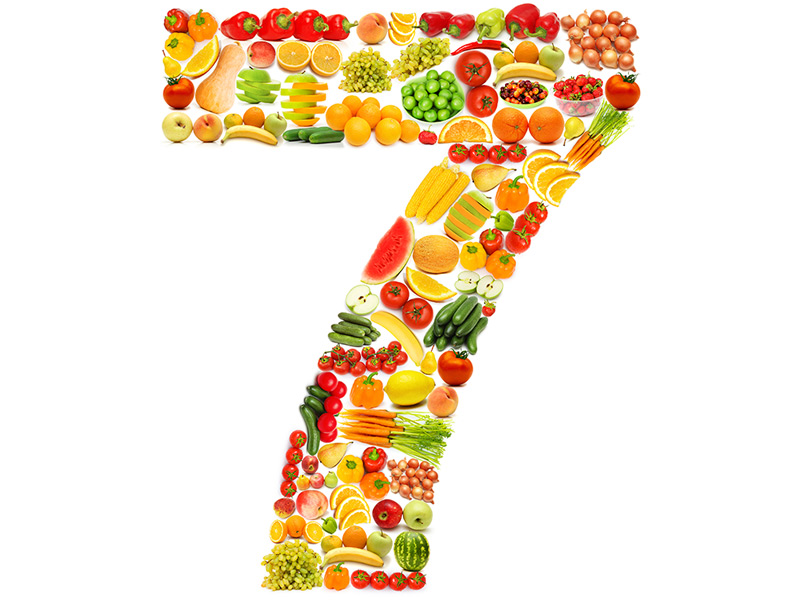Get Easy Health Digest™ in your inbox and don’t miss a thing when you subscribe today. Plus, get the free bonus report, Mother Nature’s Tips, Tricks and Remedies for Cholesterol, Blood Pressure & Blood Sugar as my way of saying welcome to the community!
7 ways to feel full without overeating

The Institute of Food Technologists (IFT) has come up with 7 study-backed ways to curb your appetite. The trick? Eat foods that keep you feeling fuller longer.
Keep these foods stocked in your kitchen and you’ll be well on your way to a healthier eating lifestyle in no time: [1]
- Protein: Adding one protein to breakfast everyday could contribute to improved satiety and diet quality (Leidy, 2013). Another study showed that daily consumption of a high-protein afternoon snack containing soy lead to improved appetite control, satiety, and reduced unhealthy evening snacking in adolescents (Leidy, 2014). Whey, soy, pea, and egg protein all contribute to a feeling of fullness.
- Whole Grains and Fiber: Substituting whole grain bread with refined wheat bread is linked to lower hunger, higher levels of fullness, and less desire to eat (Forsberg, 2014). Oats increased appetite-control hormones up to four hours after a meal, whereas rice-based foods did not (Beck, 2009).
- Eggs: Eggs are one of the densest proteins in the non-meat category. It has been shown that eating one egg with breakast will help to reduce hunger between meal times (Vander Wal, 2005).
- Almonds: The healthy fats in almonds decrease hunger and improve dietary vitamin E intake (Almond Board of California, 2013). People who ate 1.5 oz. of dry-roasted, lightly salted almonds every day helped satiate their hunger without increasing body weight (Tan and Mattes, 2013).
- Pulses: Part of the legume family, pulses include dried peas, edible beans, lentils, and chickpeas. They are very high in protein and low in fat, and are proven to contribute to a feeling of fullness after consuming (Li, 2014).
- Saffron Extract: This type of extract is shown to have a beneficial effect on appetite, mood, and behaviors relating to snacking (Gout, 2010), which helps reduce overeating linked to habit or stress.
- Korean Pine Nut Oil: This kind of nut has high levels of healthy, all-natural fats, which are shown to release the satiety hormone, cholecystokinin (Einerhand, 2006).
Doesn’t sound so hard to do, does it? In addition, adding ground, tasteless sea weed can also decrease your appetite and make meals healthier.
[1] Linda Milo Ohr. Combating Hunger Pains. Food Technology, October 2014, Volume 68, No.10












